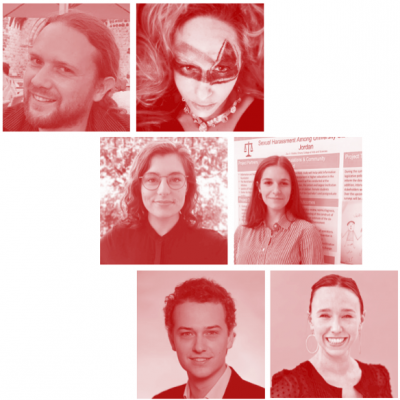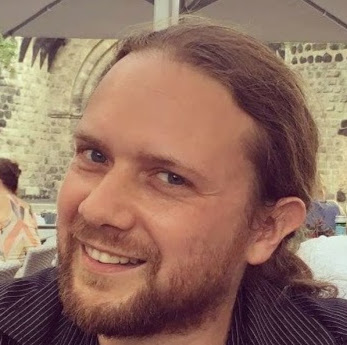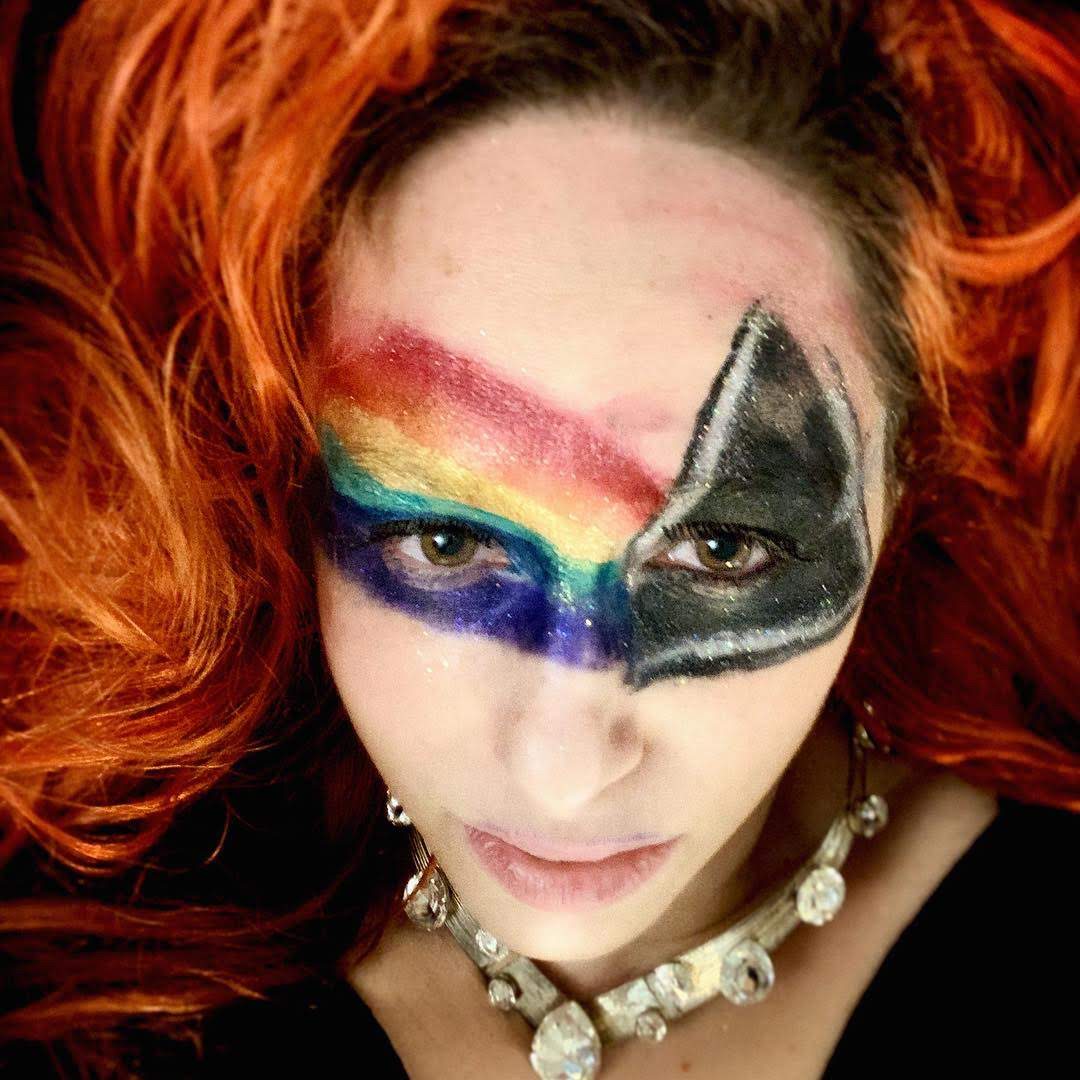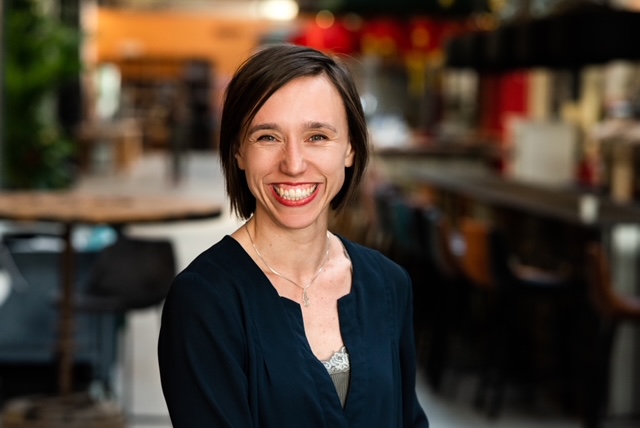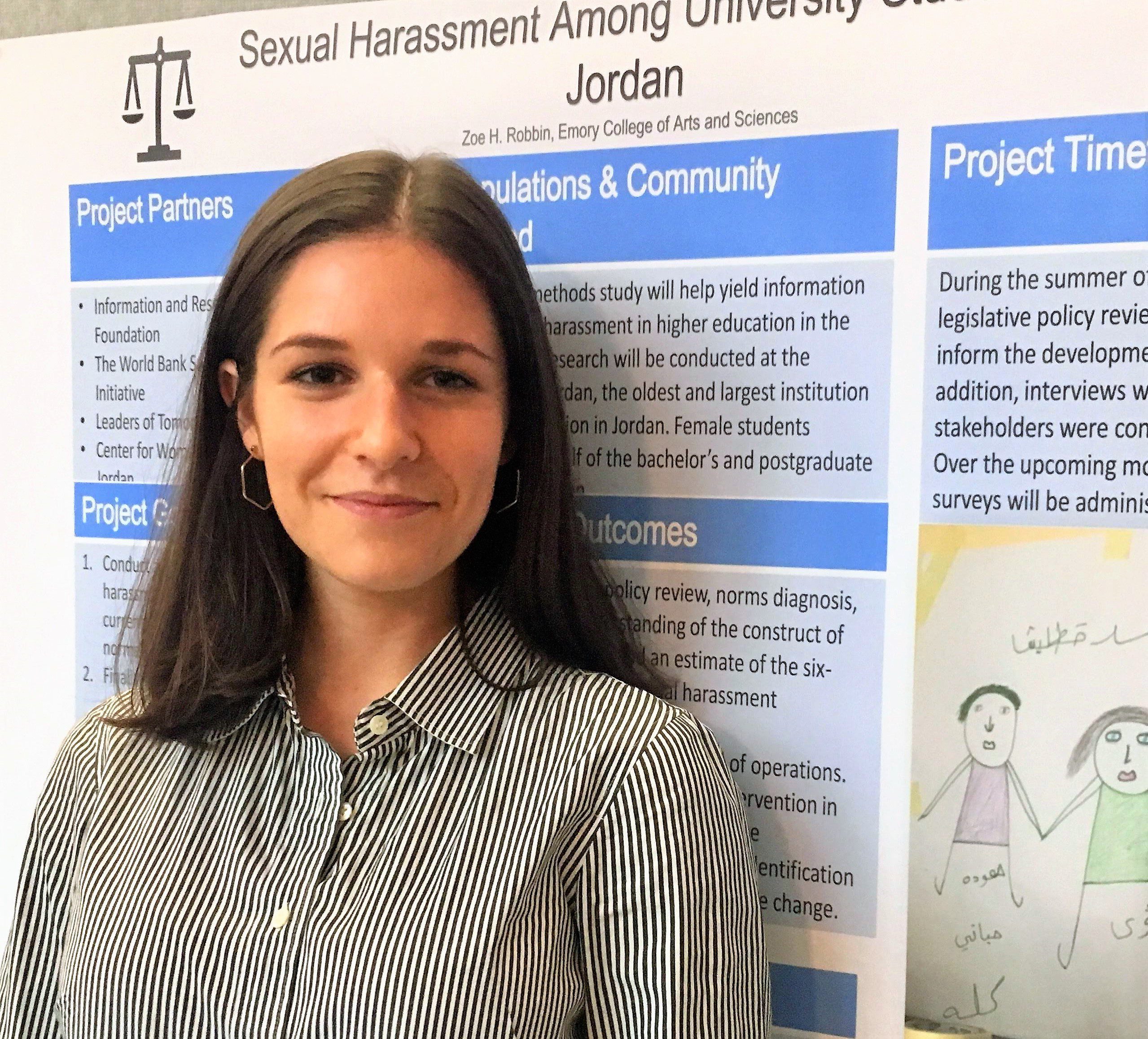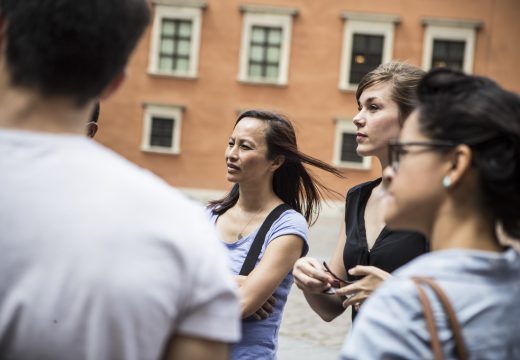Details
Article
Humanity in Action is excited to share four of the eleven projects that were selected for a grant for the 2019 campaign: Addressing Antisemitism in Germany, Poland, Ukraine, the US and online. These projects, those previously announced and those shared last week all aim at providing information about historical and present-day forms of Antisemitism, prevention, creating meeting spaces between people with Jewish and non-Jewish identities, linking history and remembrance with the present, developing information or prevention campaigns (empowerment, awareness raising, story telling) as well as targeted resistance to Antisemitic statements or actions.
All grant recipients announced in the previous days leading up to our Conference & Action Academy in Berlin (October 24 – 27, 2019), where recipients will get together to discuss and further develop the project proposals. All projects to be announced are of equal recognition and confidence by Humanity in Action – the order in which projects are announced has no bearing on their selection or amount of grant support. Senior Fellows were invited to submit project proposals by September 1, 2019. All projects were eligible to receive up to 5,000 Euro.
Hashtag #AntisemitismIsNoGame
Gerrit Reininghaus (2006 Berlin Fellowship) & Pearl Zare
Project in Germany, the United States and online
In this project, the team and their partners will create an anthology of educational analogue games on Antisemitism with a diverse group of designers. These games can be brought into everybody’s home, your next workshop, or into digital spaces.
Antisemitism is not a game. But through playing games, we can learn about the consequences, origins, and poisonousness of Antisemitism. Pearl and Gerrit will curate an anthology of games together with a diverse group of designers that will be of an educational nature but also go straight to the heart. They will invite designers from the realm of story games, immersive storytelling and live action performance art to create games that explore Antisemitism. The anthology will cover as many aspects of Antisemitism and Jewish life as possible, with the aim of spreading awareness and bringing diverse realities into perspective.
These games will be designed for one to 20 people, from 20 minutes to 2 hours in length and catered to serve either digital play spaces (like conference call setups), social media (e.g. Facebook groups) or traditional workshops.
The output will be a high quality PDF to be downloaded for free (with an encouragement to donate). With Print-On-Demand, the anthology will be at the ready for anyone’s next workshop or online conference preparation.
Sababa in Deutschland
Anne Aulinger (2014 Berlin Fellowship) & Nimrod Levin
Project in Germany (Berlin and Brandenburg)
The number of Israelis immigrating to Germany is on the rise. Nevertheless, this immigration to Germany of Israelis – as well as Jews from other parts of the world – takes place at a time when the global prevalence of Antisemitism is on the rise. This is the case too in Germany, where violent Antisemitic attacks continue to take place and Antisemitic sentiments are publicly expressed. In such a time, conversation – beyond Facebook and Twitter – is much needed. The project “Sababa in Deutschland” aims at addressing this need: the creation of a space for individuals – who immigrated to Berlin and identify as Jewish, as well as their allies – to explore, reflect, and discuss their individual experiences, meanings and challenges of living in Germany. Specifically, under the scope of a series of events, participants will be informed about societal issues that are relevant for Jewish life in today’s Germany, invited to take part in joyful social activities, meet new people, and hopefully choose to join an emerging community. By learning more about Antisemitism and existing counter-initiatives in Germany, we hope to encourage participants to take action themselves.
Interfaith Learning to Promote Diversity at Emory University
Zoe Robbin (2019 Amsterdam Fellowship) & Team
Project in the United States
Through participatory learning, this project seeks to promote the richness, diversity, and overlapping identities on campus. It seeks to sponsor four religious dinners over one month, each hosted by a different faith community on Emory’s campus. Emory University in Atlanta, Georgia is one of the most diverse campuses in the United States. The team will organize a month-long series of inter-faith programs at Emory, inviting members of different faith communities to share in one another’s holidays and cultures. This project seeks to promote mutual respect between members of all faith communities on Emory campus.
The dinners will be held once per week over the course of one month in the spring or fall of 2020. Where appropriate, these dinners will be related to a holiday. This plan acknowledges that all forms of oppression are interlinked, and fighting Antisemitism is necessarily tied to fighting Islamophobia and other forms of prejudice. In addition, this program invites the Jewish community to mutually invest their time in studying other faith communities. The dinners will include casual table-based dialogues and workshops where participants will learn more about the religious practice.
Raising Awareness about the “Aryanization” of the Hermann Tietz Company (later Hertie) and the Antisemitic expropriation of the Tietz Family
Alexander Busold (2017 Berlin Fellowship) & Team
Project in Germany
It is the goal of this project to commemorate and raise awareness inside the Hertie School of Governance for the Antisemitic expropriation of the Tietz family and the “aryanization” of the Hermann Tietz Company. The company ‘Hermann Tietz’ Company, later renamed to ‘Hertie’, was a warehouse chain that was founded by the Tietz family at the end of the 19th century. During the Nazi rule in Germany, the Hertie Company was “aryanized,” i.e. the Tietz family was forcefully driven out of their company due to Antisemitic repressions, including boycotts, letting-off all Jewish employees and abrupt calling-in of loans through the banks following Nazi directives. The team considers it important to have an active and open commemoration of the Holocaust, especially in times of growing right-wing extremism and populism. It is fundamental to understand how the Holocaust came about and how it manifested itself in all areas of society. Ideally, this project also contributes to increased resilience to modern day demagogues.
Rebuilding Joyful and Resilient Jewish communities
Emma Herman (2006 Amsterdam Fellowship) & Team
Project in the Netherlands, Germany and Poland
Fighting oppression is community work. Of course the problem is that the Jewish communities were decimated and broken. In order to address Antisemitism effectively, rebuilding the Jewish communities to find joy and resilience is key. There is strength in numbers. There is healing in recognizing that one is not alone. If a sense of community among younger progressive Jews was rebuilt, the community would grow capacity to resist Antisemitism.
Building community is slow work. A small but growing collective was formed about a year ago in The Netherlands, attracting new people by word of mouth and feeling its way forward. Informal connections exist with Jews who are grappling with similar questions in Poland and Germany. With this project the team would like to strengthen the community building that is happening and bring these networks into contact with each other to exchange stories and experiences.
The activities will include small gatherings, a public event to give visibility to this work and invite more people to take part and several articles published online to share learnings.

